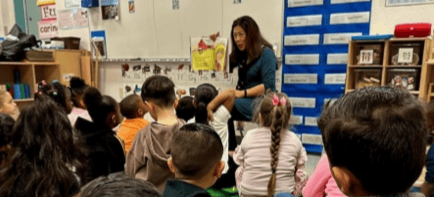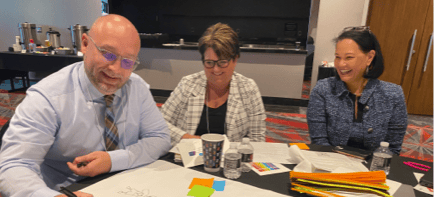How Do I Find…
From NDE
- 4/28/2025 - Nevada State Board of Education Launches Public Survey to Begin Superintendent Search
- 4/21/2025 - Nevada Department of Education Announces Release of AI Ethics Document
- 4/16/2025 - Nevada Department of Education Announces 12 Purple Star Schools
- 4/15/2025 - Nevada Department of Education Remembers Elaine Wynn’s Legacy
- 4/14/2025 - Nevada Department of Education Awarded Federal Grant to Address Chronic Absenteeism
- 4/11/2025 - Nevada Department of Education Seeks Public Comment on ESSA State Plan
- 4/2/2025 - 3 Teachers Chosen as State Finalists for Presidential Teaching Award
Inside NDE

Mission Statement
Our mission is to improve student achievement and educator effectiveness by ensuring opportunities, facilitating learning, and promoting excellence.

Celebrating & Supporting Current and Future Educators
The mission of the Nevada Teacher of the Year program is to celebrate excellence and strengthen the teaching force by honoring and recognizing exceptional teachers on a school, district, state, and national level.

Transparency & Reliability
Districts, schools, and communities are served through efficient and effective use of public funds and fulfillment of statutory responsibilities.

